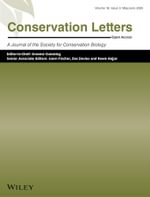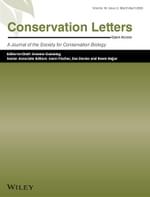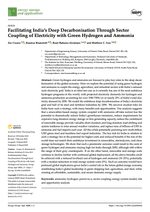Chemical Science
Wilfred T. Diment & Charlotte K. Williams
View Journal Article / Working PaperPolyesters are important plastics, elastomers and fibres; efficient and selective polymerizations making predictable, high molar mass polymers are required. Here, a new type of catalyst for the ring-opening polymerization (ROCOP) of epoxides and anhydrides combines unusually high chain end-group selectivity, fast rates, and good molar mass control. The organometallic heterodinuclear Al(III)/K(I) complex, applied with a diol, is tolerant to a range of epoxides/phthalic anhydride and produces only α,ω-hydroxyl telechelic polyesters with molar masses from 6–91 kg mol−1, in all cases with monomodal distributions. As proof of its potential, high molar mass poly(vinyl cyclohexene oxide-alt-phthalic anhydride) (91 kg mol−1) shows 5× greater flexural strain at break (εb = 3.7%) and 9× higher maximum flexural stress (σf = 72.3 MPa) than the previously accessed medium molar mass samples (24 kg mol−1). It is also enchains phthalic anhydride, vinyl cyclohexene oxide and ε-decalactone, via switchable catalysis, to make high molar mass triblock polyesters (81 kg mol−1, Đ = 1.04). This selective catalyst should be used in the future to qualify the properties of these ROCOP polyesters and to tune (multi)block polymer structures.




